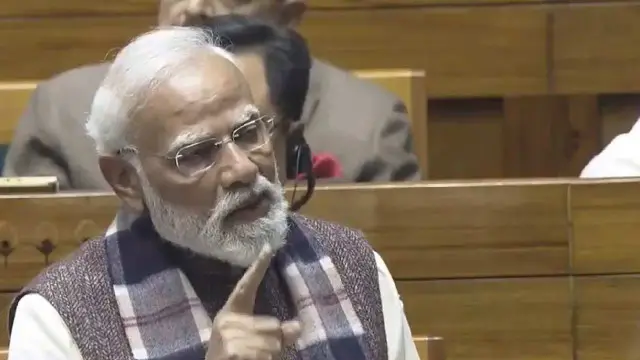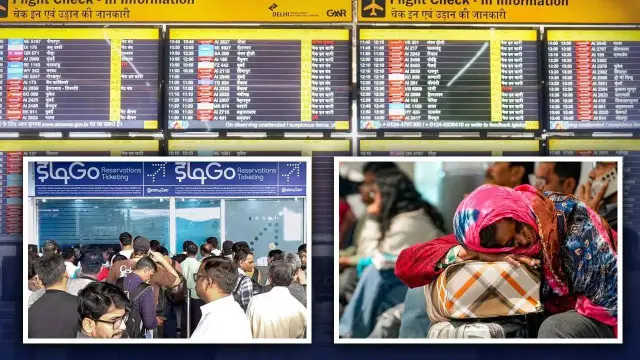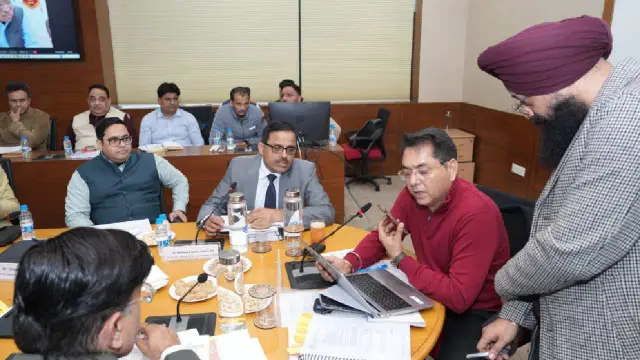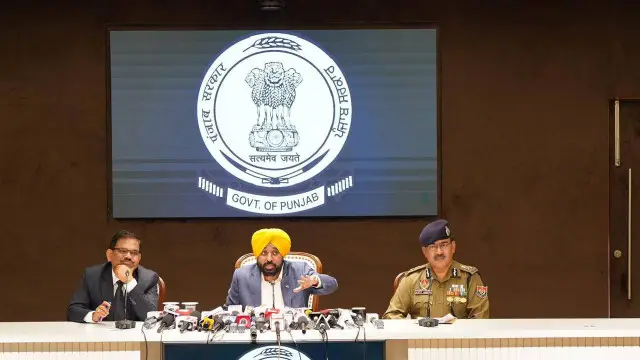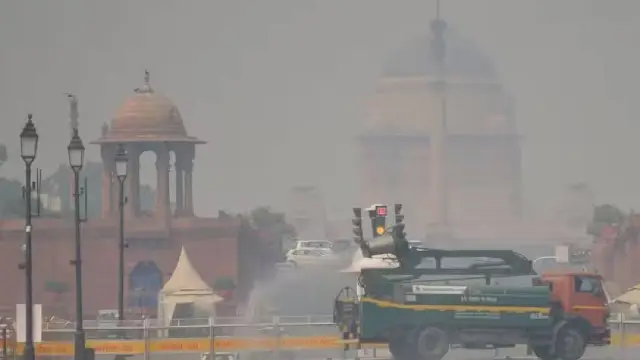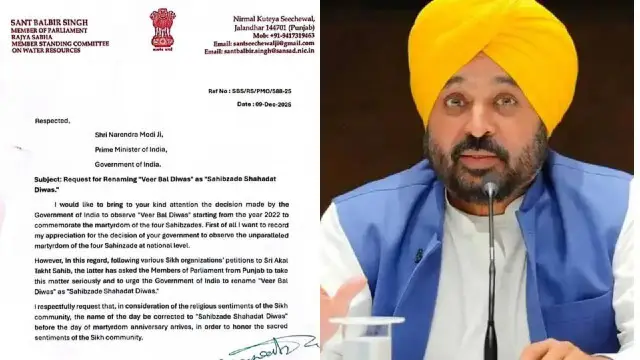Delhi's air quality plummets to 'Very Poor'; Key steps to protect your health
Delhi is engulfed in thick smog as pollution levels surge, with AQI readings ranging from 250 to 339 across different regions. An orange alert has been issued due to worsening air quality, posing serious risks to public health.

Despite a temporary relief from the intense heat earlier in October, Delhi is now grappling with dangerously high pollution levels. The city's Air Quality Index (AQI) has spiked significantly, fluctuating between 250 and 300 over the past few days, placing multiple areas in the “very poor” category. This rise in pollution has prompted authorities to issue an orange alert, signaling deteriorating air quality across vast parts of the capital.
At India Gate, the AQI has hit 270, while Anand Vihar is experiencing even worse conditions with an AQI reading of 339. The dense smog engulfing the city is contributing to widespread discomfort, triggering concerns about public health as the harmful effects of pollution become more apparent.
Vulnerable Groups Face Greater Health Risks
Certain segments of the population are particularly vulnerable to the adverse effects of air pollution. These include children under 18, elderly adults over 65, pregnant women, individuals with chronic heart or lung conditions, and people with diabetes. Additionally, outdoor workers and fitness enthusiasts who spend extended periods outside are at higher risk. For these groups, the increased levels of particle and ozone pollution pose significant health threats, and they are advised to take extra precautions during high pollution days.
How to Protect Yourself Amidst Poor Air Quality
Air pollution impacts everyone, and staying aware of AQI levels in your area is critical to safeguarding your health. The Environmental Protection Agency (EPA) provides real-time AQI data via its AirNow platform, and AQI levels below 100 are considered safe. However, when levels surpass this threshold, it’s essential to take the following steps:
- Limit Outdoor Activities: Reduce the time spent outdoors, particularly during high pollution days. Prolonged or strenuous outdoor activity can significantly increase health risks.
- Wear a Protective Mask: If you must venture outside, wear a properly fitted N95 or KN95 mask, which offers more protection against fine particles than typical cloth masks.
- Improve Indoor Air Quality: Keep windows and doors shut, use air conditioning on the recirculate setting, and consider investing in a portable HEPA air purifier to maintain clean air inside your home.
By following these precautions, residents can mitigate some of the harmful effects of Delhi’s poor air quality.






